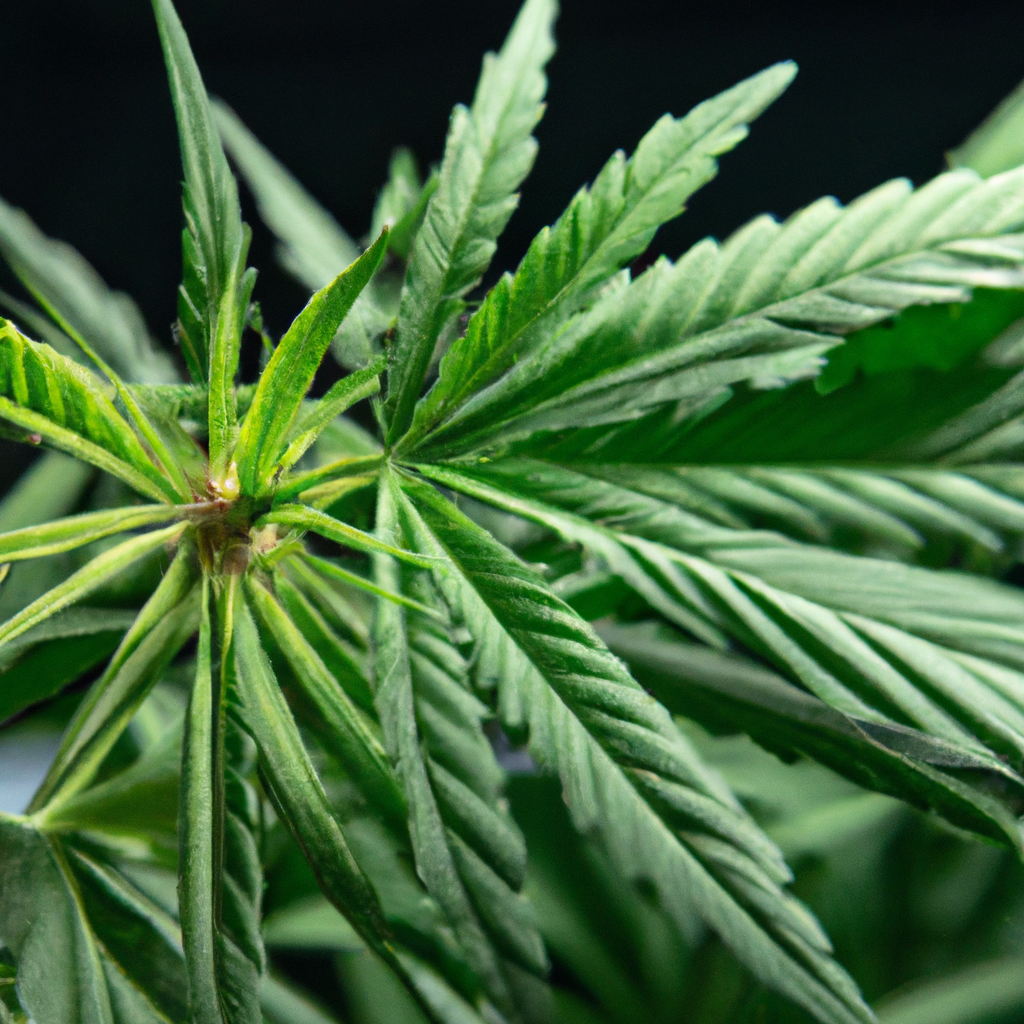By John “Magic” Greenleaf | “Growing greatness, one strain at a time.”
Introduction
Cannabis has been used medicinally for centuries, with recent studies shedding new light on its potential to alleviate common yet debilitating health issues. Among these is migraine—a chronic neurological condition that affects millions around the globe. Today, we dive into how cannabis can be a natural ally for migraine sufferers, offering not just relief but a pathway to improved quality of life.
Understanding Migraines
Migraines are more than just headaches. They often come with severe pain, nausea, and sensitivity to light and sound, lasting anywhere from a few hours to several days. Traditional treatments can include over-the-counter pain medications or prescription drugs, yet these aren’t always effective and can have significant side effects.
How Cannabis Helps
Cannabis is quickly gaining traction as a potential remedy for migraines due to its unique compounds, primarily cannabinoids like THC and CBD, and terpenes, which work synergistically to provide relief.
- THC and Pain Relief: THC (tetrahydrocannabinol) connects with cannabinoid receptors in the brain, altering pain perception and providing relief during a migraine attack.
- CBD for Inflammation: CBD (cannabidiol) does not produce a high but is excellent in reducing inflammation, a common migraine trigger.
- Terpenes and Aroma: Terpenes such as linalool (found in lavender) and pinene (pine scent) contribute to cannabis’s soothing aroma, which can help reduce stress and decrease the intensity of a migraine.
Choosing the Right Strain
Strain selection is key for effective treatment. As a Colorado cultivator, I’ve worked with numerous strains and discovered the benefits certain types can have on migraines:
- Sour Tsunami: Known for high CBD content, this strain offers pain relief without psychoactive effects.
- Mile High Mystique: A balanced hybrid with a calming terpene profile, ideal for stress-induced migraines.
- Magic Kush: This indica is perfect for nighttime use, aiding with sleep disturbances caused by migraines.
Conclusion
As we see more acknowledgment for cannabis’s medicinal properties, particularly for conditions like migraines, it’s crucial to approach treatment with informed consideration. While cannabis may not be a universal solution, it certainly offers a promising alternative for those who have struggled with traditional options. With ongoing research and personal experimentation within safe legal boundaries, there lies potential to alleviate the suffering of many.
For those exploring cannabis as a therapeutic option, it’s always advised to consult with a knowledgeable healthcare provider and local legal guidelines.


Leave a Reply